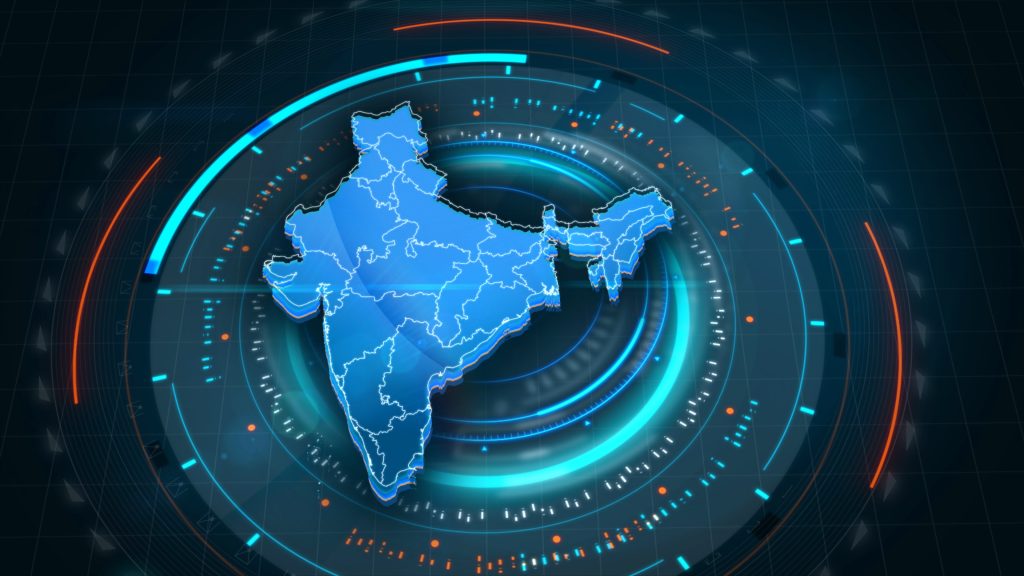
































The Indian Union Cabinet has approved the draft Indian Telecommunication Bill 2023. The draft bill introduces various provisions that aim to bring a balance between traditional telecom operators and over-the-top (OTT) communication service providers like WhatsApp, Signal, and Telegram.
The bill proposes to broaden the scope of telecommunications services by including OTT, internet-based and satellite-based communication services, broadcasting, internet, and broadband services.
Additionally, the bill proposes amendments to the Telecom Regulatory Authority of India Act (TRAI Act) and to deal with matters related to spectrum ownership and telecom entity bankruptcy. According to the draft, the spectrum allocation could occur through auctions, administrative processes, or alternative mechanisms determined by the government. In cases where a telecom entity that possesses spectrum undergoes bankruptcy or insolvency, the control of the assigned spectrum would revert to the central government.
It also gives the central government the authority to block, intercept, or monitor messages or a class of messages between two or more people. Such measures may be taken if deemed necessary in the event of a public emergency or a threat to public safety.
If eventually passed, the Indian Telecommunication Bill 2023 will replace three existing laws: the Indian Telegraph Act, 1885; the Indian Wireless Telegraphy Act, 1933; and the Telegraph Wires (Unlawful Possession) Act, 1950.
 Etiquetas calientes:
infraestructura
Neutralidad de la red y tipo cero
Etiquetas calientes:
infraestructura
Neutralidad de la red y tipo cero